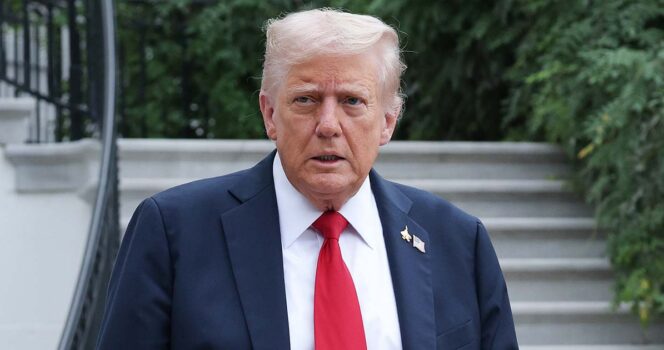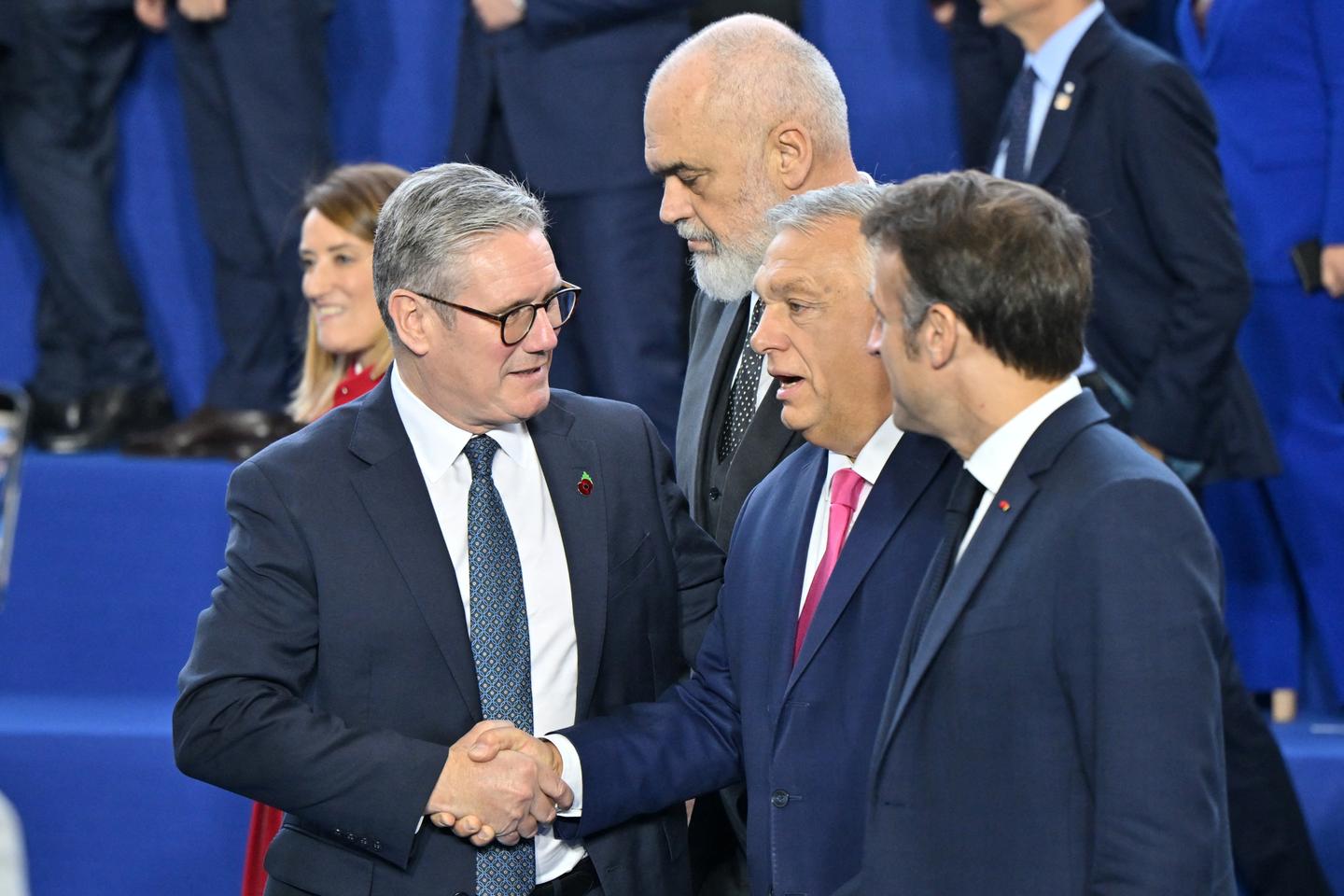Geographic errors can happen to anyone — but when they come from a U.S. president on the international stage, they tend to draw significant attention. During a recent diplomatic event in Copenhagen, European leaders shared a light-hearted moment at former U.S. President Donald Trump’s expense after he confused two very different countries during a media appearance.
The mix-up — which involved Albania and Azerbaijan, two nations located in separate regions of the world — quickly became a talking point among European officials and international observers.
The Geographic Slip-Up That Sparked Laughter
While speaking on Fox News last month, Donald Trump discussed his role in mediating international conflicts. He referred to his involvement in helping to resolve tensions between Azerbaijan and Armenia, a real and long-standing regional dispute in the South Caucasus. However, during his comments, Trump mistakenly mentioned Albania instead of Armenia, saying he had “the prime ministers and presidents of Azerbaijan and Albania” in his office to negotiate peace.
This statement was factually incorrect — Albania and Azerbaijan are not in conflict with each other and are located in completely different regions. Albania is situated in the Balkans in southeastern Europe, while Azerbaijan is in the South Caucasus region, bordering Armenia, Georgia, Iran, and the Caspian Sea. There is no history of territorial or political conflict between Albania and Azerbaijan.
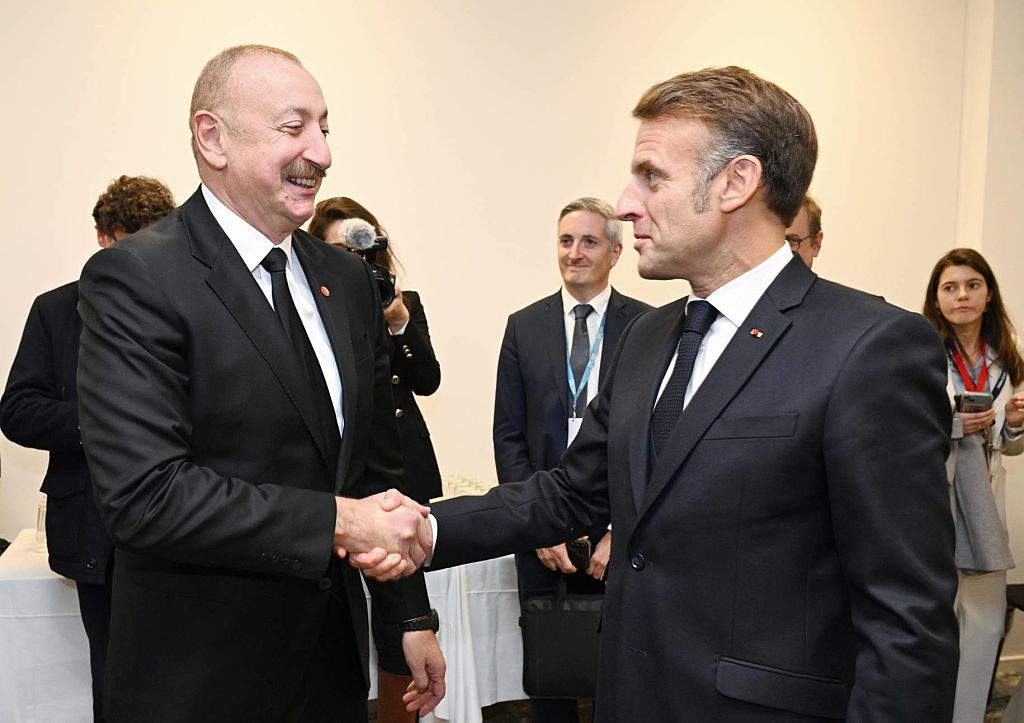
European Leaders Respond at Copenhagen Summit
On October 2, 2025, during the 7th Summit of the European Political Community in Copenhagen, leaders from across Europe gathered to discuss diplomatic and security issues. Among those in attendance were French President Emmanuel Macron, Azerbaijani President Ilham Aliyev, and Albanian Prime Minister Edi Rama.
According to reports from Politico and images provided by Anadolu Agency via Getty Images, the leaders took a moment to joke about Trump’s earlier comment. Edi Rama reportedly turned to Macron and Aliyev and quipped that they should apologize for not congratulating him on the “peace deal between Albania and Azerbaijan” — a tongue-in-cheek reference to Trump’s geographical error.
The three leaders laughed, with Macron responding playfully. The moment underscored how Trump’s comments had circulated widely among European officials and media outlets.
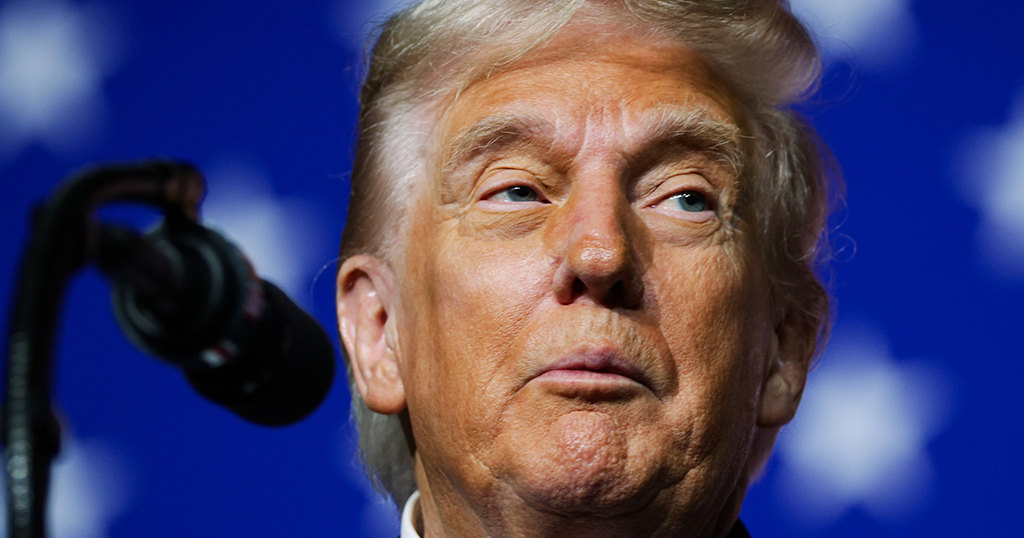
Context: The Real Azerbaijan–Armenia Peace Talks
While Trump’s mix-up made headlines for its humor, there was a serious diplomatic backdrop. In August 2025, Trump hosted Azerbaijani President Ilham Aliyev and Armenian Prime Minister Nikol Pashinyan at the White House to discuss peace negotiations between their two countries. The conflict between Armenia and Azerbaijan over the Nagorno-Karabakh region has been one of the most persistent disputes in the post-Soviet space, lasting for nearly four decades with periodic escalations.
According to the White House and multiple international news outlets, the two leaders agreed in principle to a peace framework during the meeting. However, the agreement has not yet been formally signed as of October 2025. The negotiations marked a significant diplomatic moment, with the U.S. playing a mediating role similar to that of previous administrations during other conflicts.
Trump has since highlighted this meeting as one of his foreign policy achievements. During his remarks, he described the atmosphere of the talks, noting that the two leaders began seated far apart and ended the meeting on a more cordial note.
Why the Albania–Azerbaijan Mix-Up Resonated
The Albania–Azerbaijan confusion stands out because it involved two nations with no overlapping borders, no historical conflict, and no diplomatic tensions, making the error particularly clear-cut. It also came during a period when Trump has emphasized his foreign policy record, especially regarding conflict resolution and international negotiations.
Geography often plays a critical role in diplomacy, and precise language is key when addressing conflicts involving multiple nations. The humorous exchange among European leaders highlighted how closely international figures and media pay attention to such remarks.
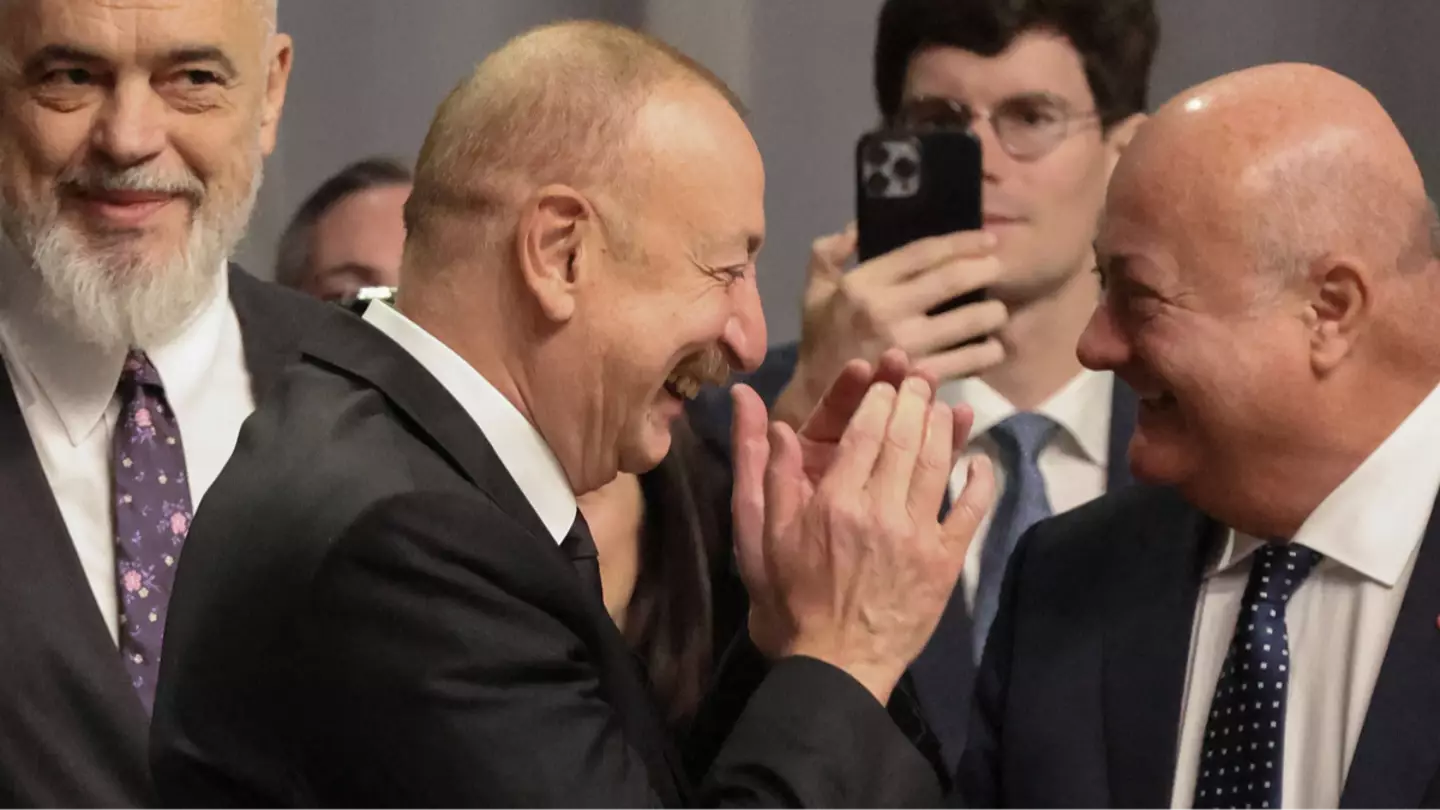
International Reactions and Media Coverage
The incident was reported by major outlets including Politico, Getty Images, and regional European media. Many commentators noted that the leaders’ laughter reflected not hostility but amusement at the situation. The episode also sparked light commentary on social media, with users sharing maps to illustrate the vast distance between Albania and Azerbaijan.
Political analysts have pointed out that such mistakes, while not uncommon among public figures, can have outsized effects when made by high-ranking officials. This is especially true when comments are made during interviews or press events watched by international audiences.
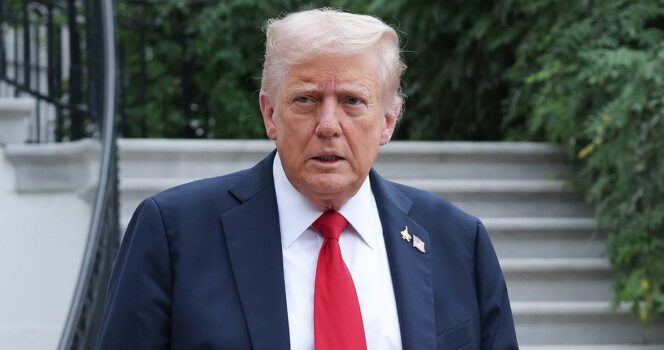
The Broader Context of U.S.–European Relations
The Copenhagen summit, where the lighthearted moment occurred, focused on pressing geopolitical topics including security cooperation, energy policy, and ongoing conflicts in Eastern Europe. While Trump’s past comments were not a formal part of the agenda, the fact that they came up illustrates how past statements by American leaders continue to resonate in international diplomatic circles.
European leaders often engage in informal exchanges during such summits, and moments of humor can serve as a way to ease tensions or foster camaraderie among heads of state and government.
Conclusion: A Diplomatic Gaffe with a Light-Hearted Response
Donald Trump’s geographical mix-up between Albania and Azerbaijan became a talking point not because it altered diplomatic relations, but because of how clearly it illustrated a misunderstanding between two distinct regions. The humorous reaction from European leaders in Copenhagen added a lighter moment to an otherwise serious summit.
The incident serves as a reminder of the importance of precision in diplomatic language — especially when discussing international conflicts. It also highlights how quickly statements by U.S. leaders, past or present, are picked up and discussed on the global stage.
